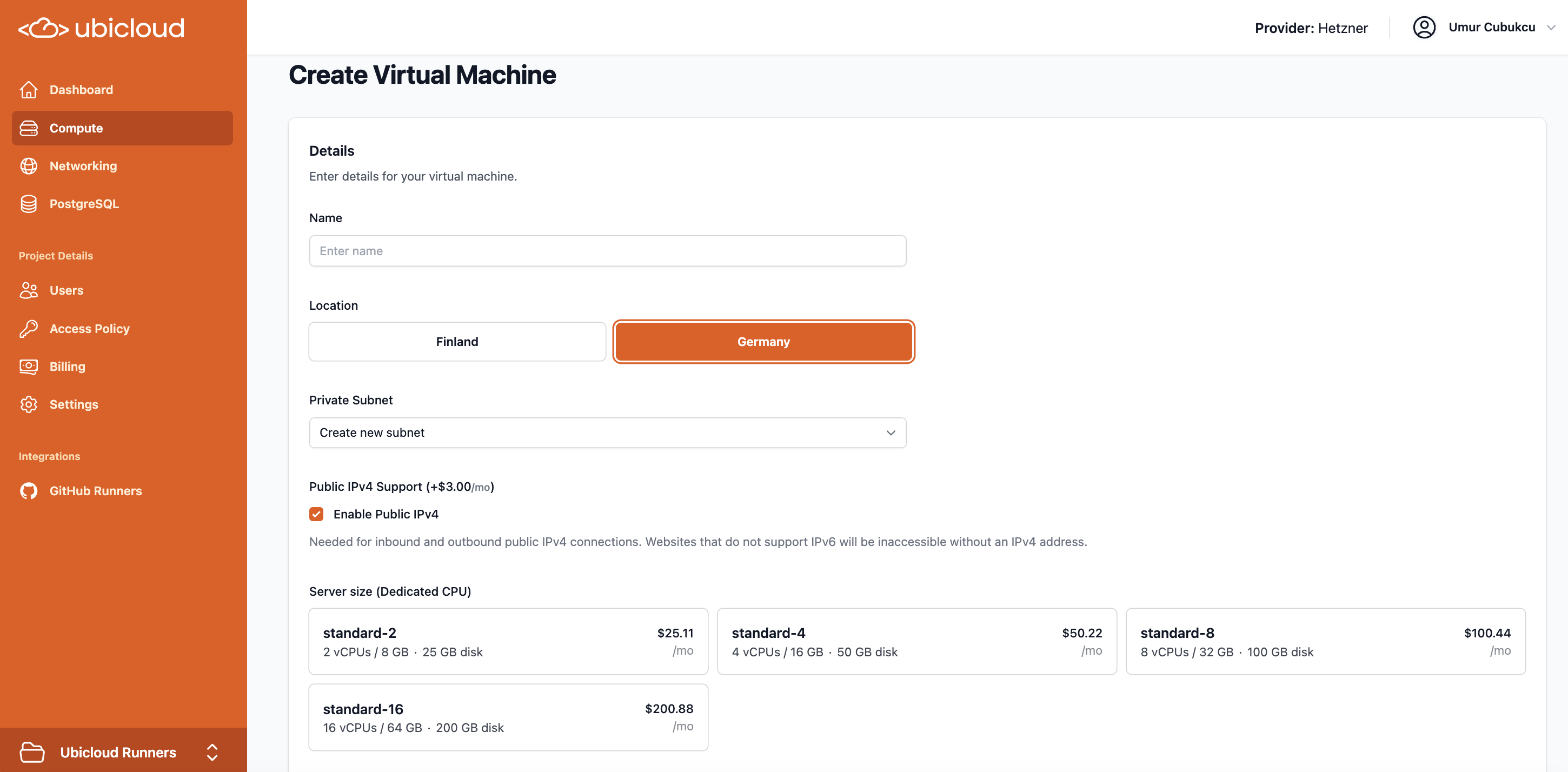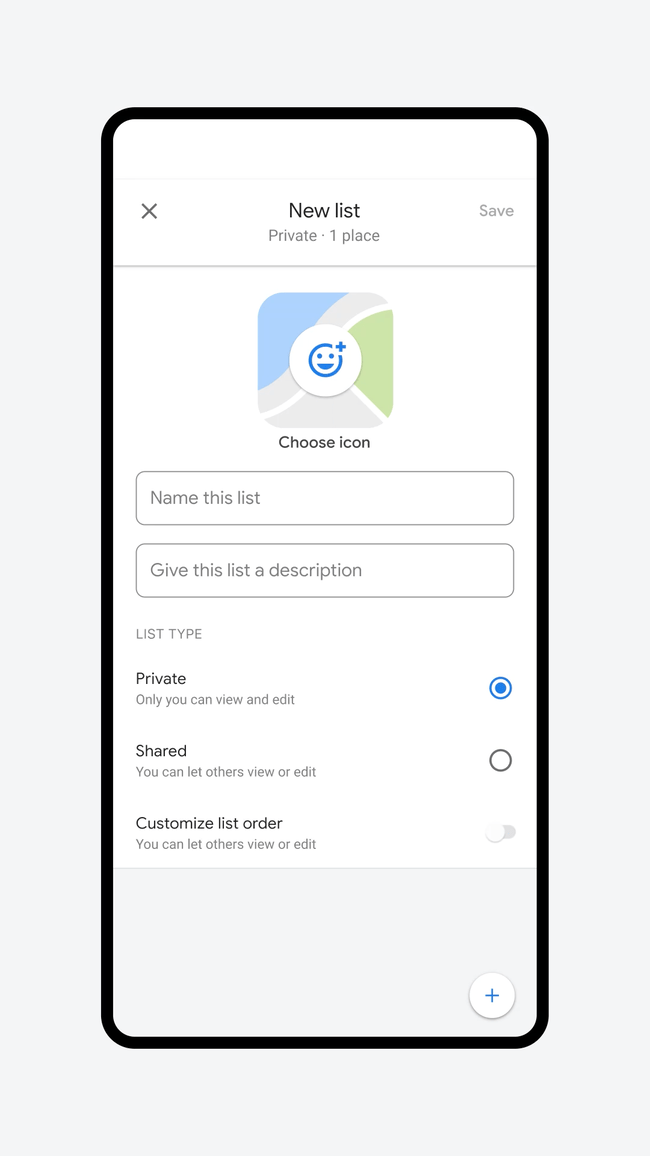Oregon Passes Groundbreaking Right-to-Repair Bill Targeting Parts Pairing
A Landmark Victory for Consumer Rights
The Oregon House has taken a decisive step toward strengthening consumer rights, passing a right-to-repair bill with overwhelming support (42-13). While Oregon wouldn’t be the first state to enact such legislation, its bill includes some of the most aggressive provisions seen yet—particularly targeting “parts pairing,” a controversial practice restricting third-party repairs.
Tech Giants Divided on the Legislation
Google’s Strong Endorsement
Google has been a vocal supporter, calling Oregon’s bill “a compelling model for other states to follow” in an open letter earlier this year. The tech giant praised its potential to empower consumers and reduce electronic waste.
Apple’s Cautious Stance
Apple, which backed California’s similar bill, has expressed reservations. While the company claims to support most of Senate Bill 1596, it strongly opposes the parts pairing restrictions.
John Perry, Apple’s Senior Manager of Secure System Design, testified:
“Under SB 1596’s current wording, Apple could be forced to allow unauthenticated third-party biometric sensors, risking unauthorized access to personal data. This could harm consumers globally, as we can’t enforce regional restrictions.”
The Battle Over Parts Pairing
What Is Parts Pairing?
Parts pairing requires devices to use proprietary components for repairs, often locking out third-party or refurbished parts. Critics argue this practice:
- Increases repair costs for consumers
- Limits repair options, forcing reliance on manufacturers
- Contributes to e-waste by discouraging repairs
Advocacy Groups Push Back
The Public Interest Research Group (PIRG) has long campaigned against parts pairing, petitioning the FTC to ban it as an “obstacle to repair rights.”
Charlie Fisher, OPIRG State Director, celebrated the bill’s progress:
“This isn’t just about gadgets—it’s about sustainability and consumer freedom. By ending manufacturer restrictions, Oregonians can keep devices running longer, reducing waste.”
Legislative Challenges and Next Steps
Senator Sollman’s Frustrations
Senator Janeen Sollman, a key architect of the bill, expressed frustration with Apple’s engagement during negotiations:
“I felt like a middleman relaying changes instead of having direct discussions. We addressed many concerns, but parts pairing remains their hill to die on.”
Bipartisan Support and Governor’s Decision
The bill has garnered rare bipartisan backing in Oregon’s legislature. It now heads to Governor Tina Kotek’s desk, where it could soon become law—setting a potential national precedent for right-to-repair legislation.
Why This Matters
- Consumer Savings: Lowers repair costs by increasing competition
- Environmental Impact: Reduces e-waste by extending device lifespans
- Industry Influence: Could shape future right-to-repair laws nationwide
Oregon’s bill represents a major shift in the fight for repair rights, challenging tech manufacturers’ control over device maintenance. If signed, it may inspire similar reforms across the U.S.
📚 Featured Products & Recommendations
Discover our carefully selected products that complement this article’s topics:
🛍️ Featured Product 1: Bissell 2694 SpotClean ProHeat Portable Spot and Stain Carpet Cleaner, Purple
 Image: Premium product showcase
Image: Premium product showcase
High-quality bissell 2694 spotclean proheat portable spot and stain carpet cleaner, purple offering outstanding features and dependable results for various applications.
Key Features:
- Industry-leading performance metrics
- Versatile application capabilities
- Robust build quality and materials
- Satisfaction guarantee and warranty
🔗 View Product Details & Purchase
💡 Need Help Choosing? Contact our expert team for personalized product recommendations!












